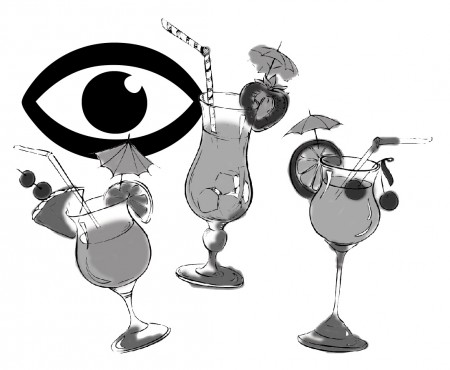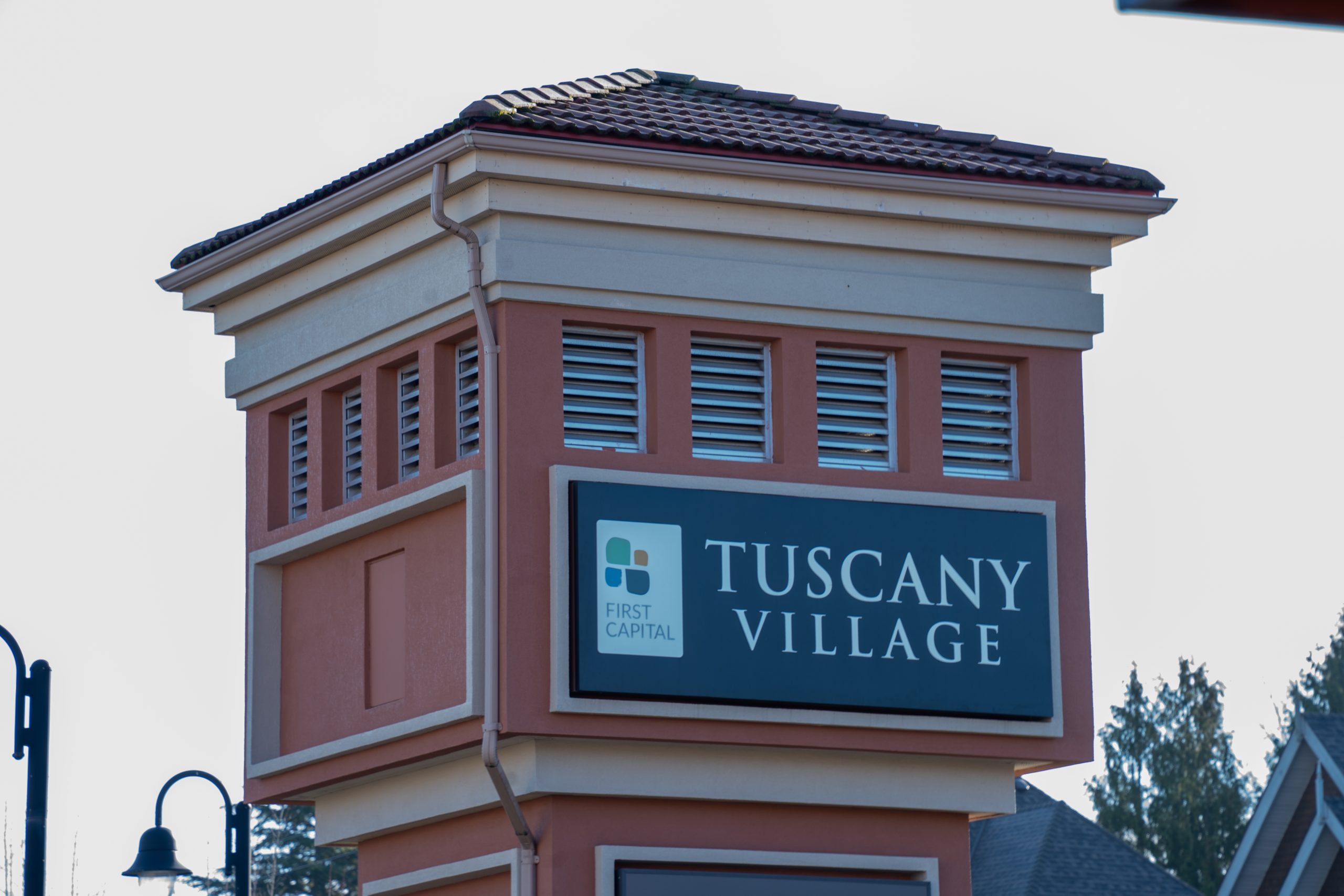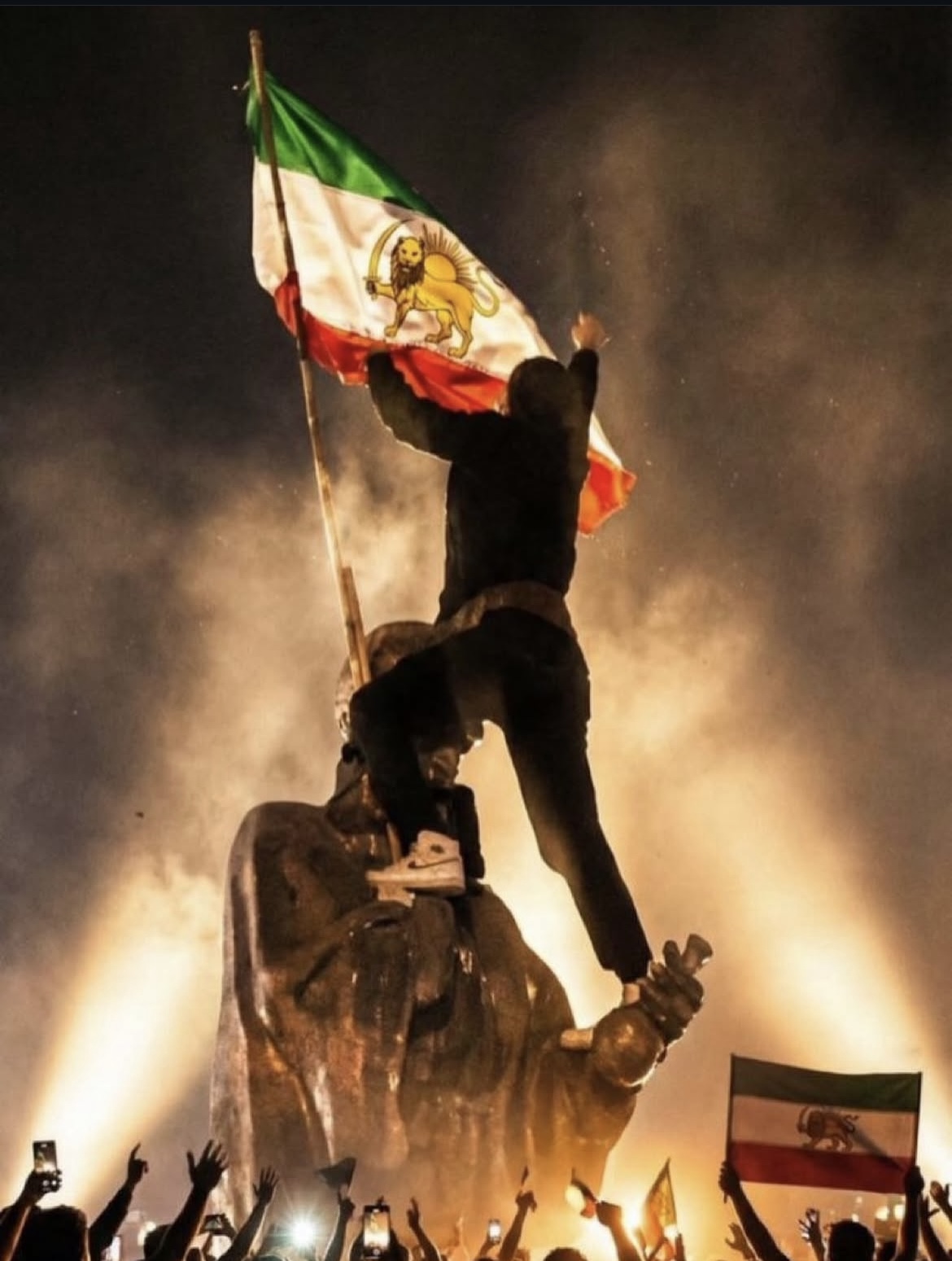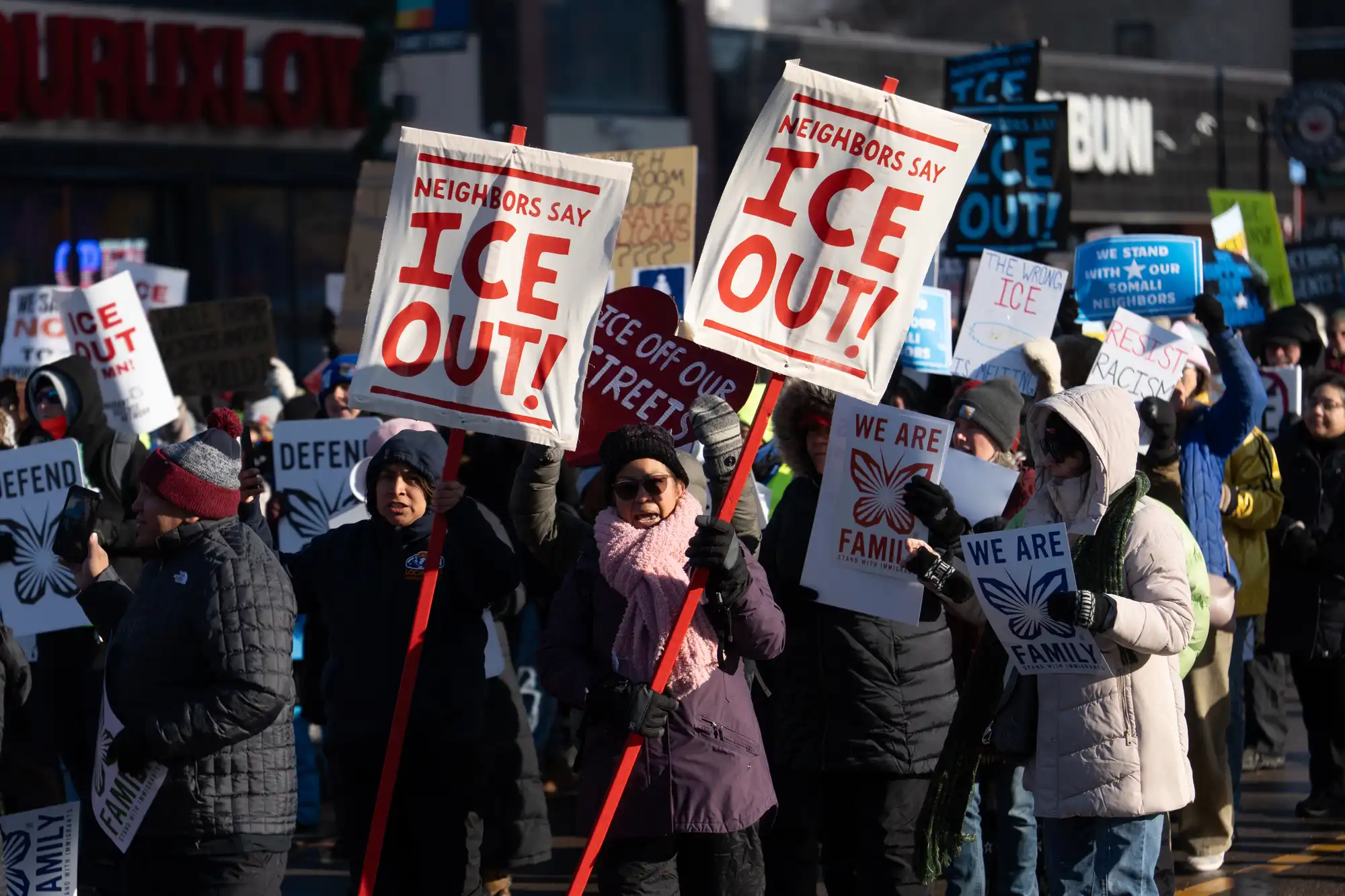With the holidays approaching, it’s likely you’ll find yourself out celebrating more than usual. But what you may not know is the extent to which authorities are monitoring bar patrons under the BarWatch program, first implemented in Vancouver in 2004.
Speaking with the Martlet, Victoria Police Department’s (Vic PD) Matthew Rutherford said, “All the major nightclubs in Victoria and some eateries [have adopted the BarWatch program].” That means that when your ID is scanned at a participating bar, a database collects your name, date of birth, and photograph. This information is stored for a minimum of 24 hours, according to police.
When an establishment voluntarily participates in BarWatch, they adopt certain rules that patrons must adhere to. For example, there are rules against wearing gang colours, unlawful or uncivil behavior, and intoxication. If a patron disobeys any BarWatch rule while inside the establishment, bar staff can remove that person and “flag” them in their database. The flagged individual’s information is shared between bars and can be held for longer than 24 hours. Police become involved when bar staff need help removing reluctant flagged patrons, or when someone is breaking BarWatch rules during routine police walk-throughs.
Despite the the program’s intention to make bars a safer place, there has been some controversy over personal privacy issues. Vic PD says that they have no connection to the BarWatch database, which is owned by the bars themselves, but that they can access the database through a court order when dealing with issues of public safety.
For example, two years ago there was a drive-by shooting outside what was formerly 9one9 (now Distrikt) on Douglas Street. Dennis Fletcher entered the bar un-flagged, but later violated BarWatch rules by appearing highly intoxicated and falling asleep. The bar staff asked Fletcher to leave and he proceeded to unleash gunfire as he drove away. Police were granted a warrant to view 9one9’s BarWatch database, which had been recording patron information that night, and were able to access every patron’s personal information within the 24 hour time period prior to the incident.
B.C.’s Freedom of Information Protection of Privacy Act (FIPPA) governs police access to personal information for law enforcement purposes. According to Bradley Weldon, Senior Policy Analyst at B.C.’s Office of the Information and Privacy Commissioner, FIPPA “give[s] police authority to collect the information from BarWatch.”
Victoria lawyer Michael Mulligan argued, “if [BarWatch is] used as a general police investigative tool, it still seems to me it could be run without the necessity of recording information about all manner of people coming and going,” adding, “I would have less [privacy] concerns if the data was being used in a private way completely.”
Bars and nightclubs are considered private entities and their collection and disclosure of personal information is governed by B.C.’s Personal Information Protection Act (PIPA). It’s important to know that section seven of PIPA states that private entities do need consent when collecting your personal data — however, your consent can be implied.
Weldon explained that establish-ments must provide verbal or written reason for scanning your information before your consent can be implied. Therefore, BarWatch bars should let you know that your information is being collected before your ID is scanned, either by telling you or by displaying visible signage.
“If there’s a situation where a bar is . . . scanning outside but the sign is inside . . . they’re likely not in compliance with PIPA,” said Weldon. He added that at any time, a person can file a complaint to B.C.’s Privacy Commissioner if they feel their right to privacy has been violated.








